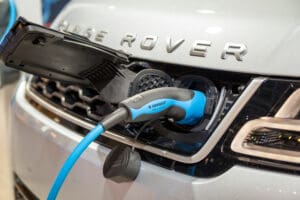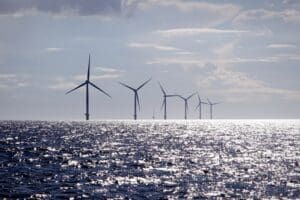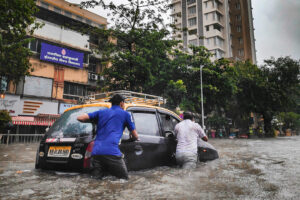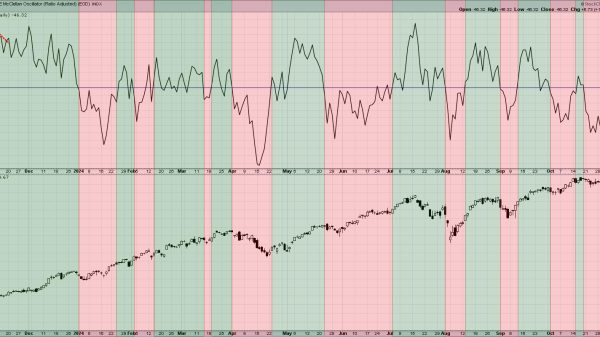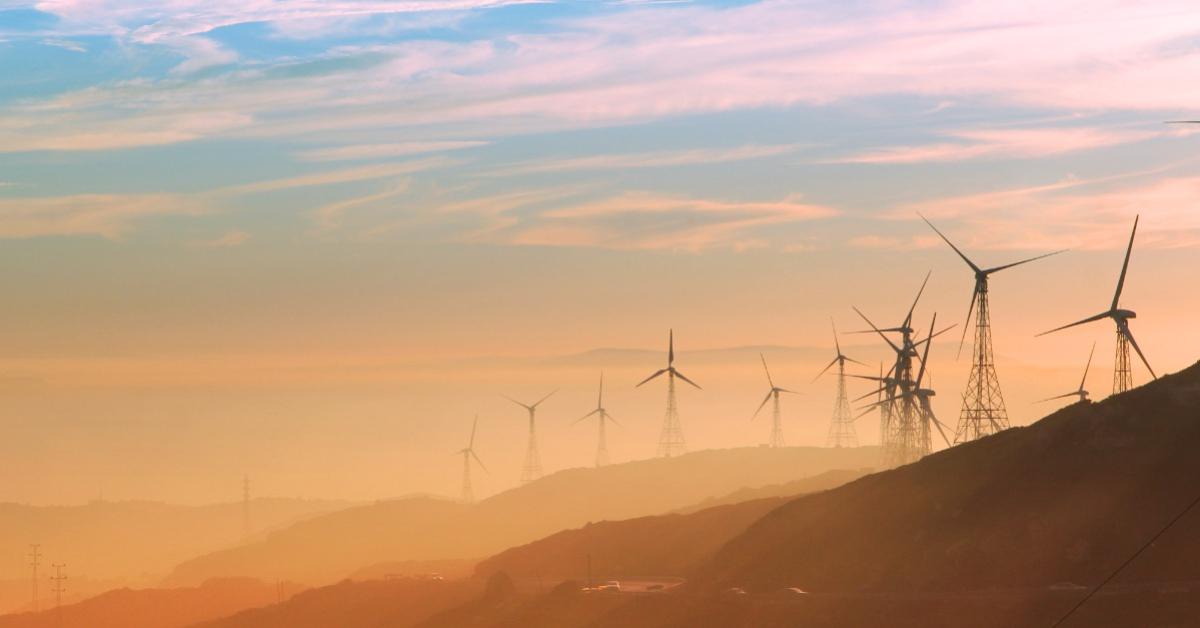Since 2007, South Africa has been experiencing an electricity crisis. Eskom (a South African state-owned company) cannot produce enough electricity to meet increasing demand, so Eskom has implemented rolling blackouts, which is also called “load shedding” by the South African government. Rolling blackouts involve Eskom periodically and intentionally stopping the delivery of electricity to certain parts of South Africa to avoid a total blackout.
The severity of rolling blackouts increases as Eskom’s capacity to produce electricity decreases, and the severity of the rolling blackouts are categorized into stages—where “stage 1” is the least severe and “stage 8” is the most severe for now. Energy experts and even government officials have suggested solutions but to no avail because the South African government ignores them.
In this piece, I argue two points. First, I argue that South Africa’s electricity licensing laws need to be eliminated or amended. Second, I argue that those same licensing laws prevent effective and affordable electricity supply solutions from being implemented, deepening South Africa’s electricity crisis.
Here are some facts about South Africa’s electricity crisis. According to data from Statistics South Africa, Eskom’s yearly average electricity production share is 94 percent, and South Africa’s electricity production decreased by 11 percent while Eskom’s electricity production decreased by 18 percent since the beginning of the rolling blackouts in 2007.
The decrease in South Africa’s electricity production is attributed to Eskom’s aging infrastructure and corruption. According to data from EskomSePush, South Africa experienced 311 days (over seven thousand hours) of rolling blackouts in 2022. Rolling blackouts have negatively affected businesses and livelihoods to the point where businesses have experienced significant decreases in profits and also had to cut jobs as a consequence. On the lighter side—and I say this sarcastically—the rolling blackouts have assisted South Africa in beating its climate goals, since less production in electricity leads to less emissions of greenhouse gasses.
Eskom’s domination in South Africa’s electricity market is no accident. Legislation has given Eskom unique privileges and protection from outside competition ever since its inception in 1922. Anton Eberhard writes:
The Electricity Act of 1922 also provided for the establishment of the Electricity Control Board (ECB) to regulate electricity supply undertakings. The ECB licensed the operations of private generators and ESCOM and approved their tariffs. Municipal undertakings did not require a license from the ECB. However, they required approval from the Provincial Administrator who, in turn, had to seek the opinion of ESCOM on whether it could not supply electricity more cheaply and efficiently.
The ECB was granted more regulation powers through the Electricity Act 41 of 1987, which include but are not limited to
the issue of electricity generation and provision licenses that stipulates the area where a licensee is allowed to operatethe ability to determine electricity prices of the licensee and set conditions for the predetermined prices
Figure 1: Electricity production, South Africa and Eksom, 1994–2022
Source: Data from the Statistical Release P4141 series of reports, Statistics South Africa.
The ECB was replaced by the National Energy Regulator of South Africa (NERSA) through the Electricity Regulation Act 4 of 2006, which regulates the electricity market in South Africa. Over and above the powers granted to the ECB in 1987, NERSA is granted the following license-issuing powers by the current legislation:
to issue licenses that grant exclusive electricity generation, distribution, and trade rights to licenseesto obligate or allow licensees to supply electricity to specific customer classes or end usersto obligate or allow licensees to buy electricity from specific suppliersto obligate or allow licensees to sell or produce certain types of energyto make any license subject to any other condition that NERSA prescribes
NERSA is obligated by legislation to provide a decision on a license application to an applicant within 120 days from the date of the application but is not obligated to issue a license to an applicant.
The privileges given to NERSA in the Electricity Regulation Act serve as a gatekeeper for Eskom or any other incumbent in the electricity market because NERSA can deny a license to whomever it wishes. When it grants a license, it can severely limit the functions of the licensee, disincentivizing competition from entering the electricity market. This leaves the burden of solving the electricity crisis to the national government through Eskom, which is incapable of meeting South Africa’s electricity demand, hence the rolling blackouts.
Figure 2: Rolling blackouts in South Africa, 2014–22
Source: Data from “Loadshedding History,” EskomSePush, accessed June 9, 2023. Note: There were no rolling blackouts in 2016 and 2017.
Prospective competitors need incentives to compete in the electricity market by being permitted to compete against Eskom on all fronts for customers. The best way is to either eliminate licensing laws such as the Electricity Regulation Act or amend the current legislation to remove barriers to entry. This has nothing to do with removing safety standards.
James Anthony argues that producers already have incentives to ensure the safety of their end users. In a competitive electricity market, if safety is not prioritized, producers risk reputational damage and the loss of customers. Removing licensing laws such as the Electricity Regulation Act in South Africa will increase the production of electricity.
In the absence of the Electricity Regulation Act, competitors will be able to use a variety of energy sources to create electricity solutions for customers. Furthermore, competitors will be able to compete for customers based on the needs of the customers, which include but are not limited to affordability, environmental concerns, and energy-on-demand standards.
When the needs of customers are taken into consideration by competitors, innovative solutions will follow. An example of such is the introduction of what I call “rolling blackouts management products.” Fortunately, the government has not placed restrictive regulations on such products. As a result, products such as inverters, generators, uninterrupted power supplies, and portable power stations have been manufactured and sold. Game, a South African wholesaler, reported increased sales in gas stoves, generators, inverters, and other power supply products in 2022. Game’s vice president, Andre Steyn, said the following in response to the increased sales of products designed to manage rolling blackouts:
In November, December and January to date we have seen a 101% increase in the amount of generators sold, and a 311% increase in the number of inverters sold. Since we added inverters and power cubes to our range in June 2022 we have noticed a good response from our customers.
The above would not have been possible if similar regulations seen in the Electricity Regulation Act were implemented for products that were designed to manage rolling blackouts. Furthermore, just imagine the array of large-scale electricity solutions that competitors can produce to solve rolling blackouts in the absence of the restrictive regulations found in the Electricity Regulation Act.
The Electricity Regulation Act of 2006 is a textbook example of licensing laws that ultimately serve incumbents at the expense of not only prospective competitors but also customers who can benefit from innovations made by these competitors. In the case of South Africa’s electricity crisis, licensing laws are making South Africa’s electricity crisis unnecessarily more difficult to solve because NERSA has the last word on who can compete and how competitors can compete in the electricity market.
The Electricity Regulation Act needs to be either done away with completely or amended so that the barriers of entry are removed. Both solutions will allow competitors to provide large-scale electricity solutions to the market, which will ultimately increase the supply of electricity and end rolling blackouts for good.


